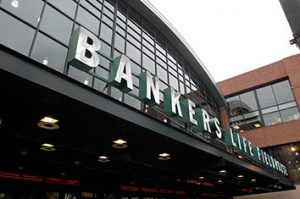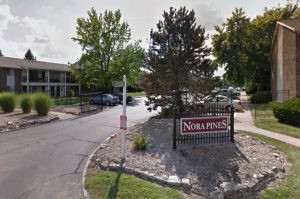Plan to ease local taxi regulations heading to City-County Council for vote
The proposal aims to relax several long-standing regulations that put taxi companies at an unfair advantage compared with ride-sharing companies Uber and Lift, which don’t have to comply with the same standards.








